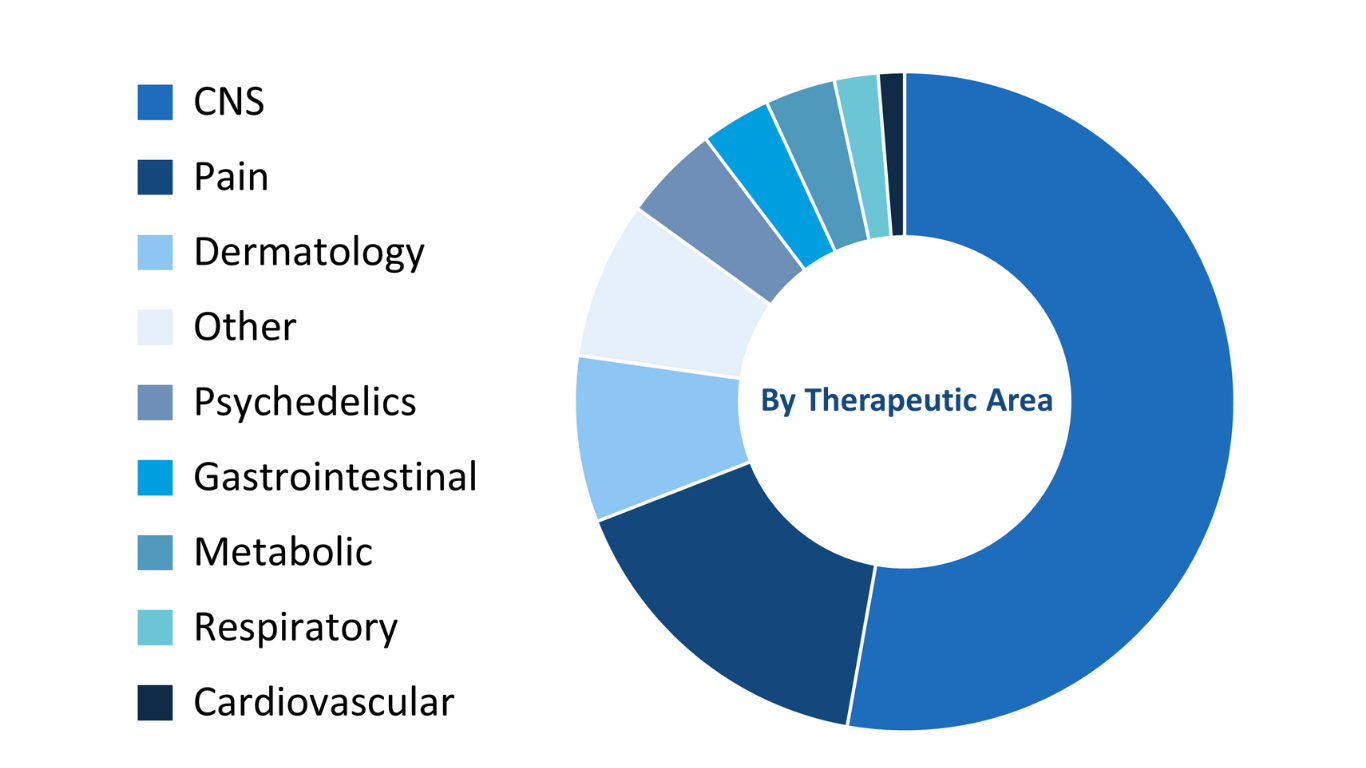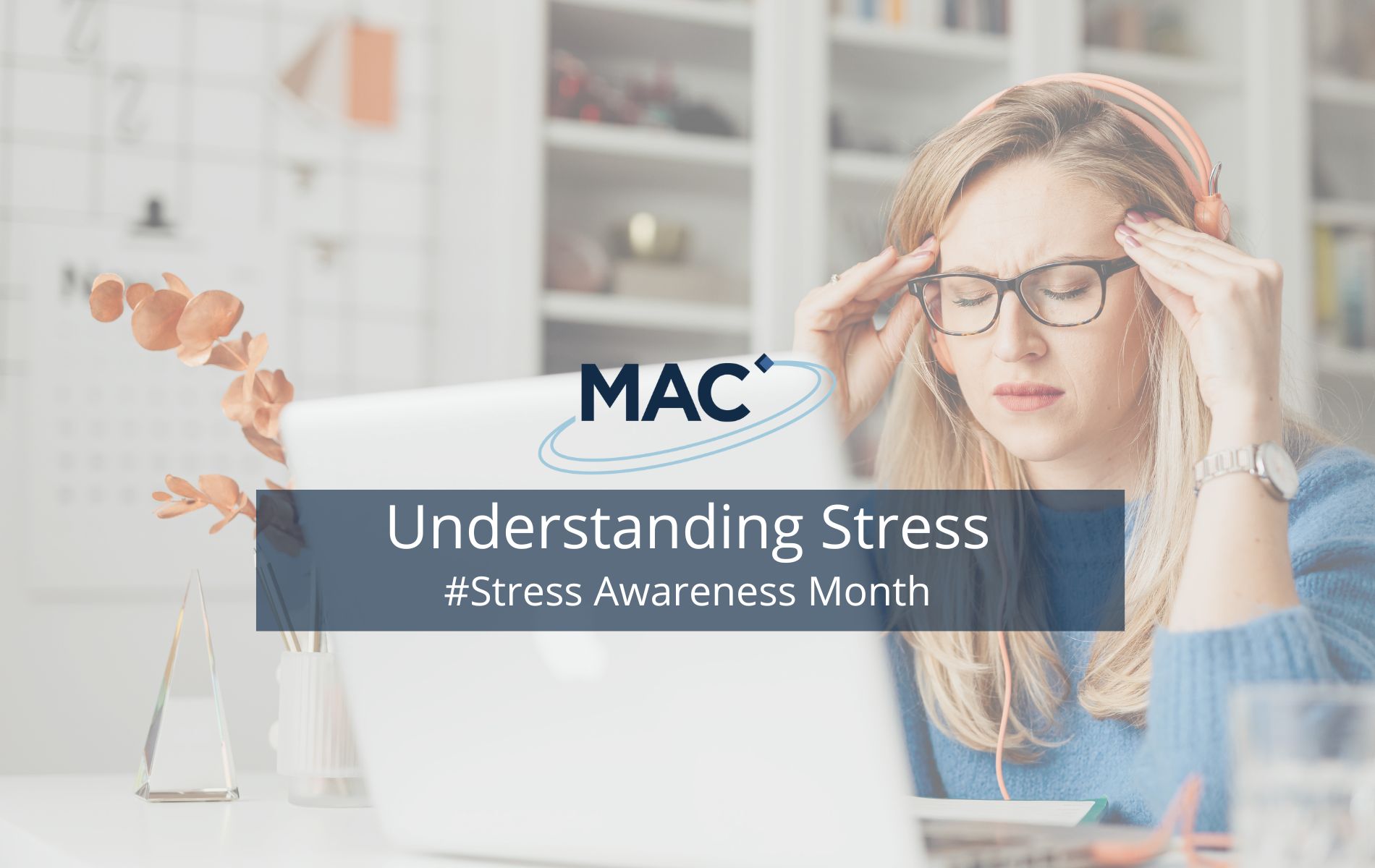April is Stress Awareness Month and a perfect opportunity to reflect on the stress in our lives and how we can effectively manage it. Stress is an inevitable part of being human and comes from various sources, such as work pressure, financial worries, relationship issues, health problems and more.
In 2023, one in every 14 adults (7%) in the UK reported feeling stressed every single day (1). While it’s normal to experience stress, chronic stress can have detrimental effects on our physical and mental well-being.
One of the first steps towards managing stress is recognising its signs and symptoms. These can manifest in many different ways, including headaches, muscle tension, fatigue, irritability, changes in appetite and difficulty concentrating. Chronic stress can also weaken the immune system, increase the risk of cardiovascular disease, and contribute to mental health disorders such as anxiety and depression.
A tip for effective management is to identify your stress triggers and create coping strategies. Techniques such as mindfulness meditation, deep breathing exercises, regular physical activity, adequate sleep, and maintaining a healthy lifestyle can all help reduce the impact of stress.
Living with chronic stress for an extended period exacerbates feelings of apprehension, worry, and unease and could lead to the development of a mental health problem such as generalised anxiety disorder, a phobia or a social anxiety disorder.
This can be particularly challenging for individuals living with existing mental health conditions such as depression and OCD. 51% of adults in the UK who felt stressed also reported feeling depressed and 61% reported feeling anxious (2).
Ultimately, managing stress isn’t just about acknowledging its existence but also about taking proactive steps to address it. By prioritising self-care, seeking support when you need it, and adopting coping techniques, you can better manage stress and lead a healthier, more fulfilling life.
Research into new and improved treatments for mental health conditions
The World Health Organisation estimated that in 2019, approximately 1 in every 8 people in the world were living with a mental disorder, which is around 970 million people (3). Anxiety and depressive disorders were reported as the most common conditions. A more recent United Nations report in 2022 revealed that the number of people worldwide suffering from some form of mental disorder had increased to nearly one billion (4).
Depression, often characterised by persistent feelings of sadness, hopelessness, and loss of interest in activities, is one of the most prevalent mental health disorders in the UK (5). Similarly, OCD (which manifests through intrusive thoughts and compulsive behaviours) affects thousands of individuals in the UK (6). While these conditions present themselves in distinct ways, they share a common vulnerability to stress (7).
Recently, the therapeutic use of psychedelics has become more widely accepted as a potential treatment option for mental health disorders (8). Research to date shows that a short course of psychedelic drugs, when combined with psychotherapy, can be as effective as existing treatments in reducing anxiety symptoms, and that this effect can be sustained for months (9).
MAC is proud to be the first clinical research company to not only administer high doses of psychedelics but also the first to dose Ibogaine in a clinical environment in the UK, multiple dosing of Psilocybin and first to dose 50mg of Psilocybin as well as Deuterated DMT (IV/IM).
We also recently became the first UK facility to have dosed 28 subjects twice with LSD within a 3-week period. You can find out more about our experience with psychedelic research here.
Generalised Anxiety Disorder (GAD) Clinical Trial
MAC Clinical Research is currently conducting a study in Generalised Anxiety Disorder (GAD), where our team has reached several key operational milestones.
Participant recruitment was completed five months ahead of schedule — a testament to our proactive recruitment strategies and the dedication of our site teams. In addition, regulatory submissions were finalised in just four working days, allowing for the prompt initiation of first dosing.
This adds to our growing experience and expertise in mental health disorders, as MAC has conducted 35 studies in psychiatry over the past five years, including depressive disorders, anxiety, OCD, and more.
If you would like to speak to us about our experience in this area, or would like more information on how we can support your study, contact us here.
(3) World Health Organisation, 2022.
(4) United Nations, 2022.
(5) Mental Health Foundation, 2018.
(6) Rethink Mental Illness, 2024.
(7) National Library of Medicine, 2015.
(9) The Parliamentary Office of Science and Technology, 2024.











